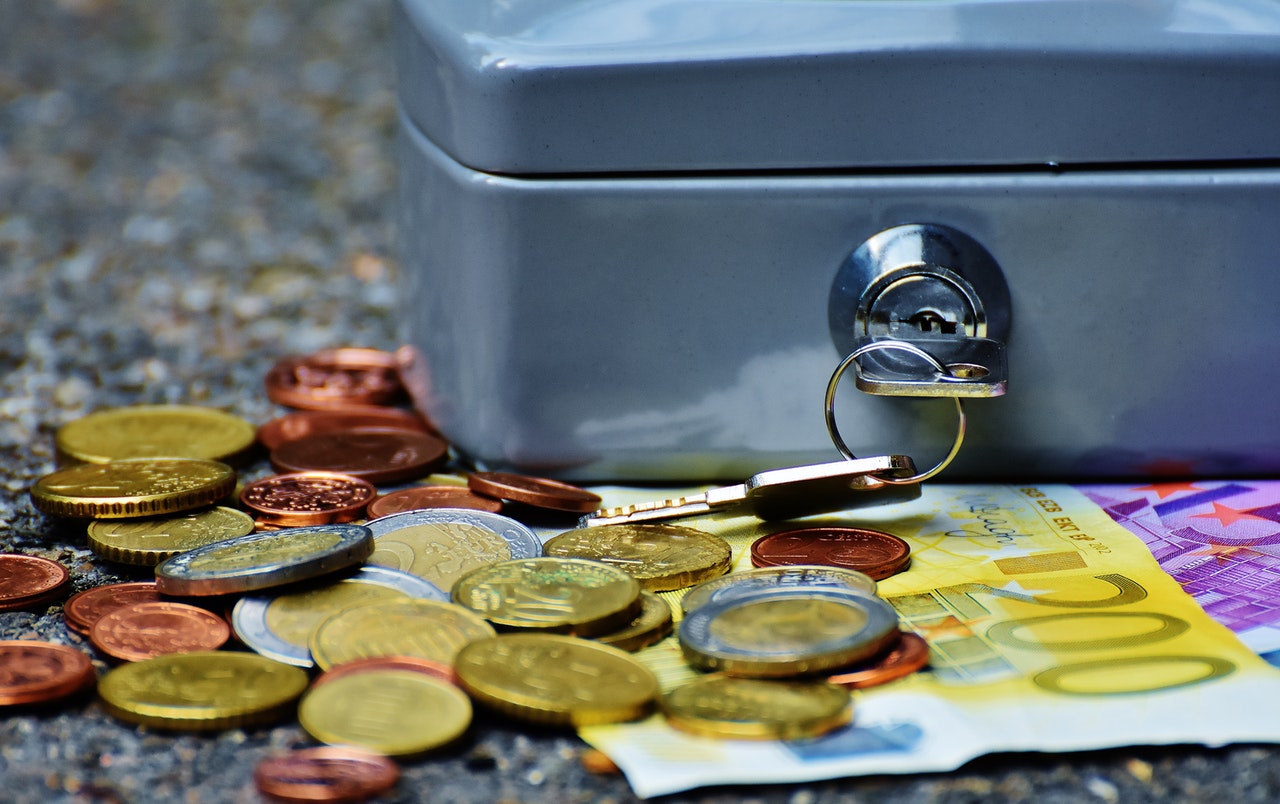Fixed deposit (FD) is one of the most popular investment schemes offered by banks. In FD, you can deposit a lump sum at once and stay invested for a fixed, predetermined tenure to earn lucrative returns at the time of maturity. Banks offer interest on FD, which varies from bank to bank. Presently, the interest rates on FD are around 6.50% and are dependent on the deposit tenure. FD tenure ranges from 1 year to up to 10 years. Though it is a secure investment option, it is important to consider if it is the best available investment option or not.
Is fixed deposit the best investment option?
Fixed deposit guarantees return as it is not susceptible to market fluctuations. Tax saving FD comes with tax benefits as per Section 80C of IT Act whereby you can claim for tax exemption on the interest of up to Rs 1.5 lakhs. FD comes with a higher interest in comparison with that offered on other bank deposits. However, there are other investment options from where you can earn higher interest than from FD. Moreover, if you withdraw money from FD before maturity, you will be charged a penalty. Thus, FD doesn’t have as much liquidity as is available in many other investment plans.
Better alternatives to fixed deposits
As mentioned above, there are some investment options from which you can expect to earn higher returns than form FD. Below goes those better alternatives to FD.
Debt mutual funds
Debt mutual funds are a comparatively safer investment option among mutual funds as it invests in fixed-income securities such as government bonds, treasury bills, corporate bonds, etc. The interest that you can earn from investing in a debt mutual fund is higher than that in FD. However, this mutual fund is susceptible to depreciation and inflation. There are 16 types of debt funds, each having a different maturity period, which is lesser than the lock-in period of FD in most cases. Thus, debt funds come with better liquidity and higher potential interest than FD.
Liquid funds
Liquid funds is another form of mutual funds that can also be considered as a subset of debt funds. They invest in secured debt instruments that mature in a maximum of 91 days. As the name suggests, liquid funds come with high liquidity of cash. Since the lock-in period is considerably low in liquid funds, the interest rate risk and credit risk associated with such funds is also minimal. So, if you want quick returns on your investment, liquid funds are an ideal alternative to fixed deposits as in FD.
Equity funds
Equity funds invest in shares or stocks of different companies to get a share of their profits. These funds are known to earn higher returns on investment as compared to fixed deposits. However, the returns are susceptible to market fluctuations. So, investing in companies in diverse sectors can alleviate the risk of losing your invested money. You can also opt for systematic investments in installments, unlike the one-time deposit option in FD.
Corporate fixed deposits
Corporate FDs are provided at a much higher rate of interest than that offered in bank FDs. You have the option of choosing a convenient tenure for the deposit between 1 to 5 years. However, you can’t avail tax benefits in corporate FD as in tax saving FD. Even though corporate FDs are not as secure as bank FDs, yet if you invest in well-established companies, you are likely to bear the minimal risk and earn higher returns than bank FDs.
Fixed maturity plans
If you invest in a fixed maturity plan, it will invest in securities having coinciding maturity tenure. This means that if your fixed maturity plan is of 1 year, it will invest in debt instruments that mature in less than 1 year. There is a high guarantee of getting returns on such plans and the returns are likely to be higher than what you can earn from bank FDs. However, just like in traditional FDs, money invested in fixed maturity plans can’t be availed before its maturity. Mostly, these have a lock-in period of 3 years. So, it is only a better alternative to FD if you have a plan to stay invested for the given tenure.
These alternatives can be a better investment instrument than fixed deposit depending on your financial needs and investment goals. Just make sure you invest in a safer instrument or are ready to bear the risk for aiming to get more attractive returns.
















